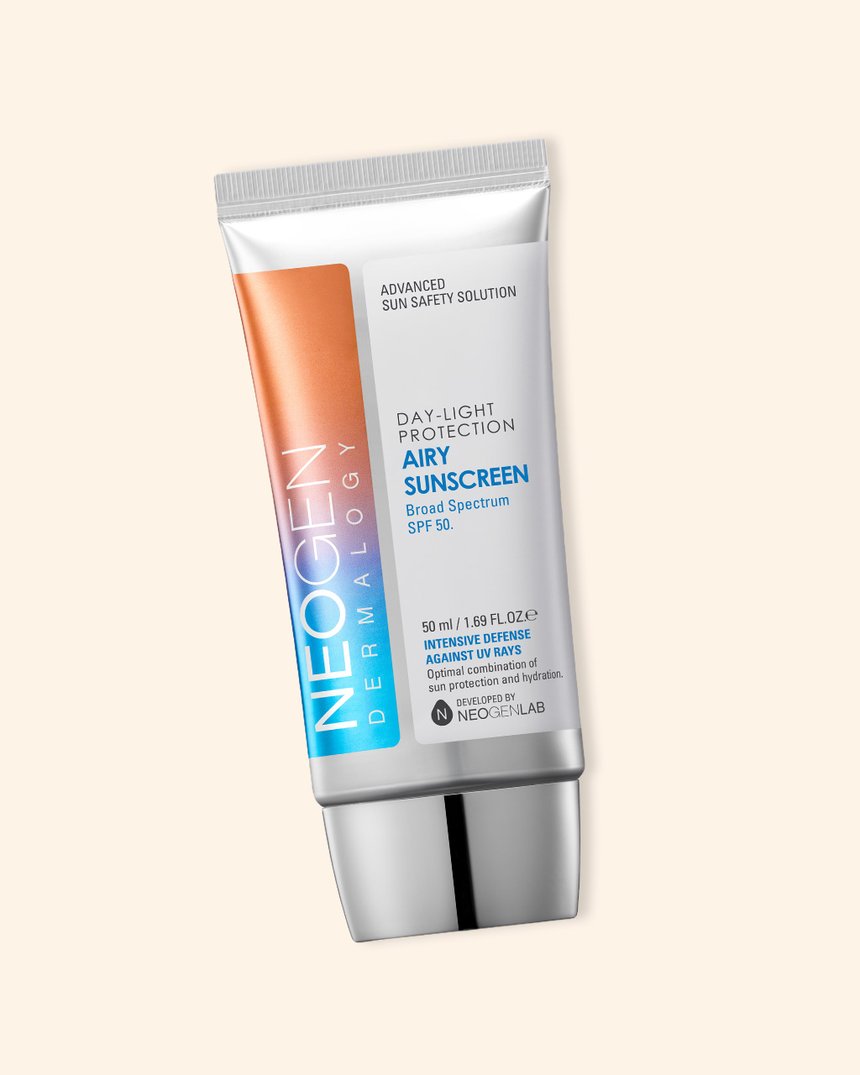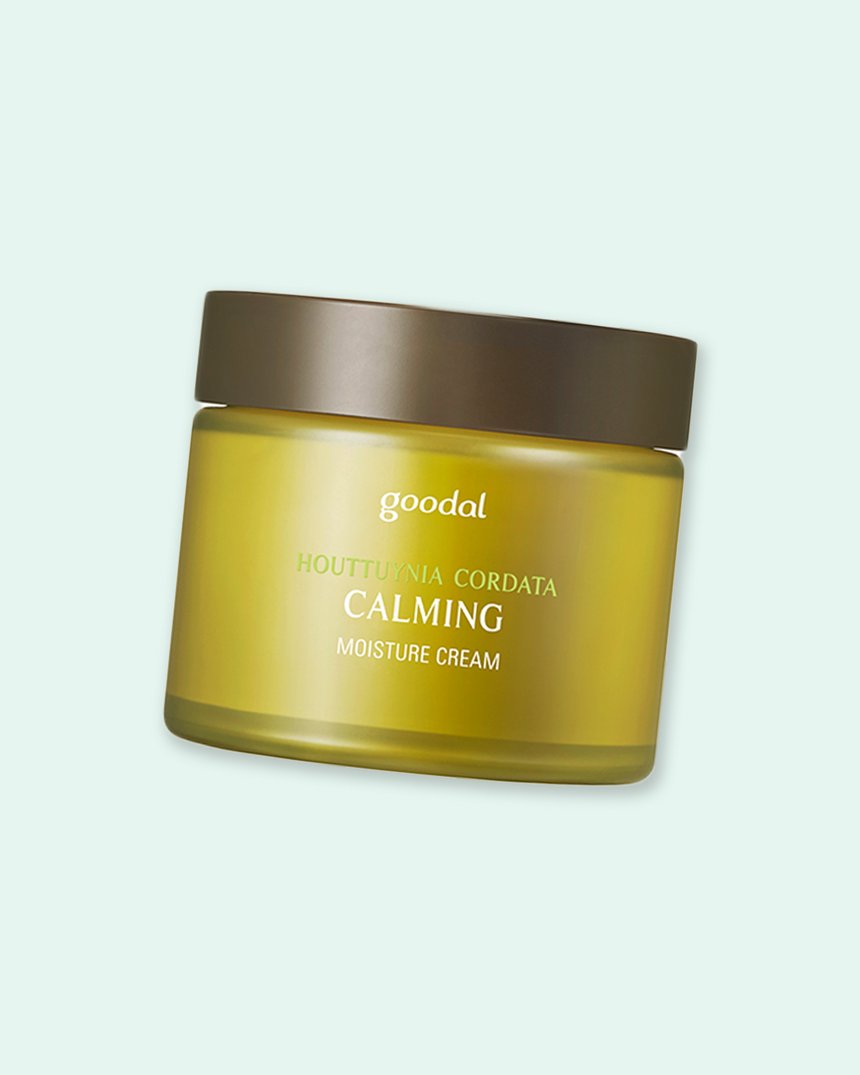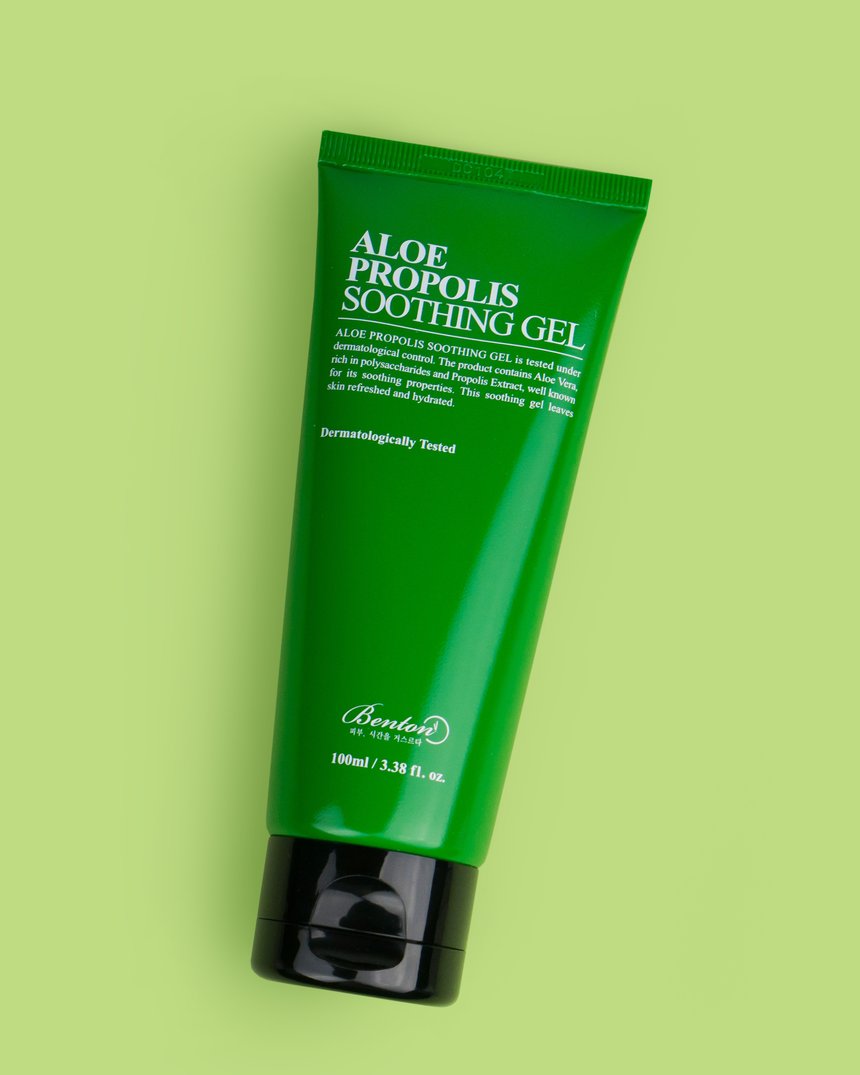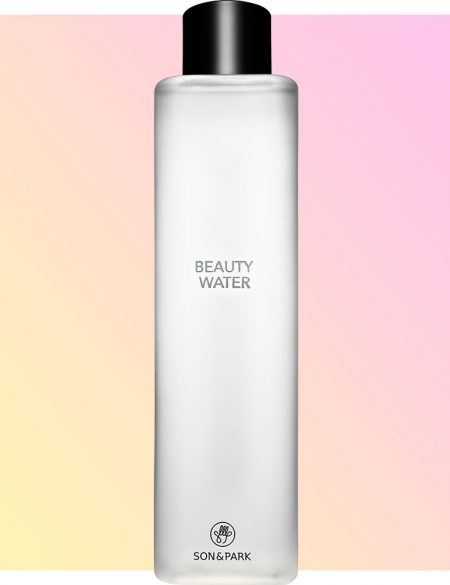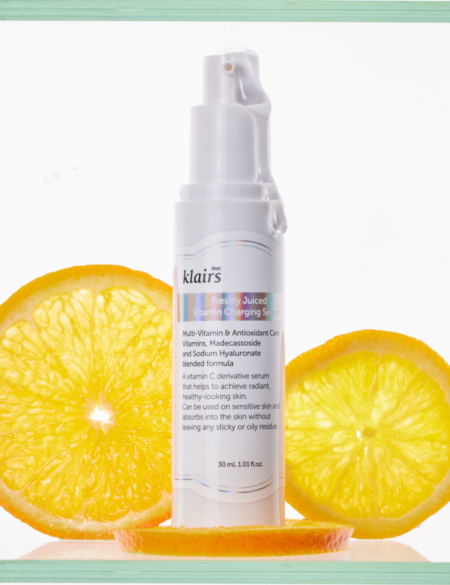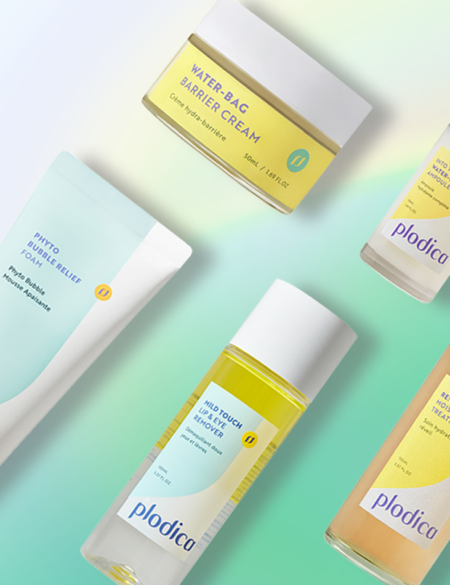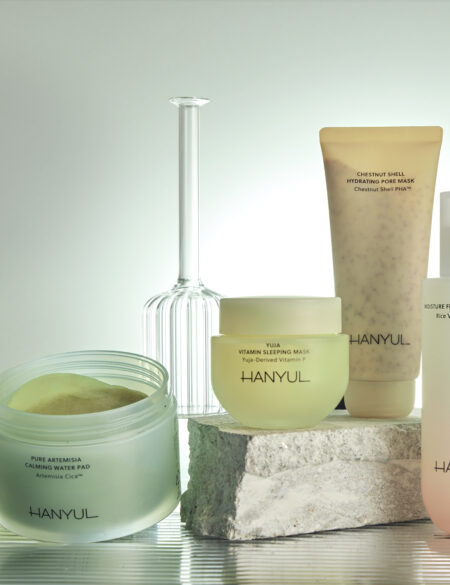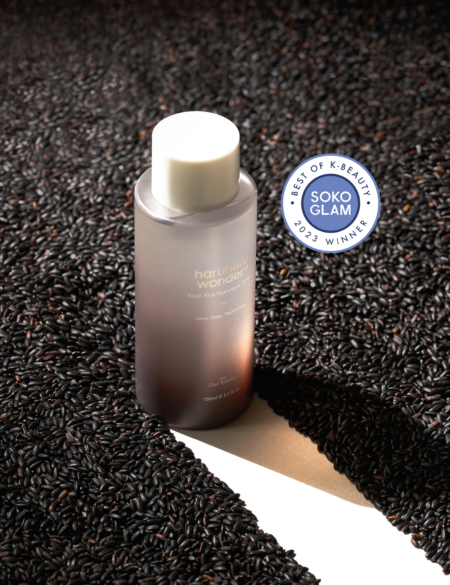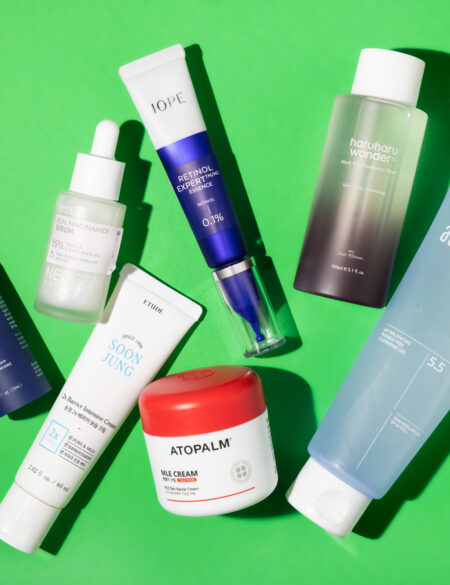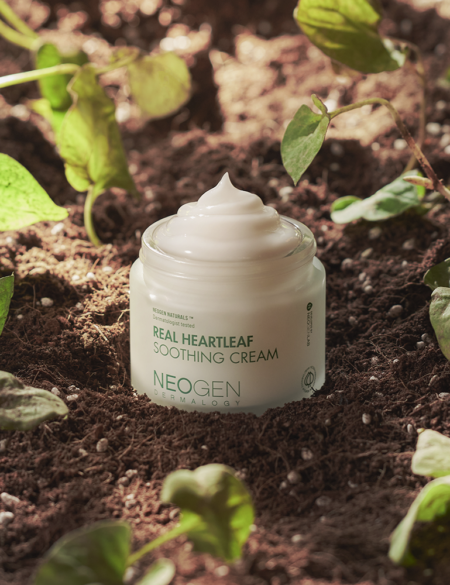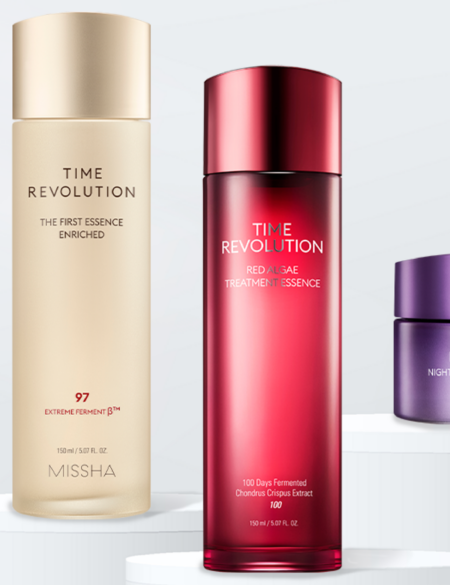By now, you probably know you need to use a moisturizer every day to keep your skin hydrated and healthy. But what kind of moisturizer should you reach for to finish your morning skin care routine? And do you need something heavier for your nighttime routine? Here we break down the difference between daytime and nighttime moisturizers.
If you’re a true skin care addict, you likely have a collection of different moisturizers, and you’ve probably experimented with all of them at different times. Perhaps you use a heavier one during the winter and one with retinol when you start seeing more fine lines on your forehead. But what are the rules for what kind of moisturizers to use in the morning and at night? We consulted a group of top dermatologists to lay out the points you need to remember to differentiate your moisturizers.
First off, your daytime moisturizer should provide SPF protection.
Almost every derm we asked agrees that your daytime moisturizer should include SPF protection. “A daytime moisturizer should provide protection against the environment, particularly the harmful UV rays,” says Jeremy Fenton, a dermatologist in New York City.
While you may want to opt for an all-in-one moisturizer that hydrates and also contains sunscreen, my personal preference is to use a moisturizer and then top it off with a lightweight sunscreen, like the Neogen Day-Light Protection Airy Sun Screen. This is because many times moisturizers that include sunscreen don’t include a high enough SPF level (you should always wear an SPF of 30 or more).
Your daytime moisturizer should be full of antioxidants.
“I prefer antioxidant moisturizers during the day that contain vitamin C,” says Kavita Mariwalla, a dermatologist in West Islip, New York. Fenton agrees that antioxidants are the best ingredients to have in a daytime moisturizer because they help protect your skin against environmental stressors (like pollution) that you may encounter. “Antioxidants are very useful to apply in the morning before exposing your skin to the elements,” he says. “A few options to look for include vitamin C (also called ascorbic acid), vitamin E (also called alpha tocopherol), and green tea extracts. These will help protect your skin from UV and environmental damage.”
One of my favorite daytime moisturizers is the Dermalogica Intensive Moisture Balance. It goes on smooth and includes a hefty amount of vitamin C and vitamin E. Another great antioxidant-packed lightweight moisturizer is the Goodal Houttuynia Cordata Calming Moisture Cream, which uses herbal extracts to reinforce the skin’s barrier.
Your daytime moisturizer should absorb fast.
Save the heavy creams for nighttime and stick to gels and super light formulas for daytime. “During the day you want to make sure that you’re applying a product that fully absorbs so that it doesn’t make your skin feel greasy or sticky,” says Joshua Zeichner, the director of clinical and cosmetic dermatology at Mt. Sinai Hospital in New York City.
A great option is the Hanskin Vitamin C Glow Capsule Lotion. If you have sensitive skin that needs to be cooled down, give the Benton Aloe Propolis Soothing Gel a try. This fragrance free moisturizer seeps into skin quickly and contains 80 percent aloe propolis to immediately soothe irritation.
Your nighttime moisturizer can be thick and heavy.
“Data shows that skin hydration is lowest in the evening so you want to make sure to use a heavy moisturizer,” says Zeichner. This is especially true if you have highly reactive skin. “Thicker moisturizers like creams are best for dry or sensitive skin,” says Michele Farber, a dermatologist with the Schweiger Dermatology Group in New York City.
We recommend the Klairs Rich Moist Soothing Cream. It’s a thick cream that takes a bit of time to absorb, so it’s best to use at night when you have time to wait. It’s also fortified with a ton of vegetal antioxidants (like cabbage leaf and broccoli extract) to cure dehydrated skin and soothe red skin.
If you want to take it to the next level, you could use a sleeping pack as your nighttime moisturizer. The ENature Birch Juice Hydro Sleeping Pack is a rich sleeping mask fortified with 74 percent birch tree sap to completely revitalize your skin overnight.
However, if you choose a heavy moisturizer for night, be aware of how you layer your products. “One key thing to remember is that rich moisturizing creams may block the absorption (and thus reduce the efficacy) of many topical medications with active ingredients,” says Fenton. “Therefore, most topical medications or treatments should be applied under your night cream.”
Anti-aging ingredients (like retinols) should be in your nighttime moisturizer.
“For nighttime, use gentle moisturizers with ceramides and hyaluronic acid to lock in moisture,” says Farber. The Klairs Rich Moist Soothing Cream contains an ample amount of ceramides to help retain moisture and provides a intense dosage of hydration.
“The skin does a majority of its cell repair at night, while you’re sleeping, so it’s a great time to apply a thicker moisturizer that may be too heavy or uncomfortable during the day,” says Rachel Nazarian, a dermatologist in New York City. One of the best nighttime choices is the Erborian Yuza Sorbet Night, a super rich shea butter-based cream that has 12 different plant extracts to fortify and plump up skin.
Note: If you use any creams with retinol or glycolic acid in them, you should apply them at night. “These acids can make your skin more sensitive to the sunlight and retinoids will degrade with ultraviolet sun exposure, so best to use these at night,” says Fenton.
Final word on the difference between daytime and nighttime moisturizers:
Reserve your lighter and antioxidant-packed creams or gels for the day (and make sure you always wear SPF!) and save the heavy creams full of anti-aging ingredients for when it’s time to hit the sack.



